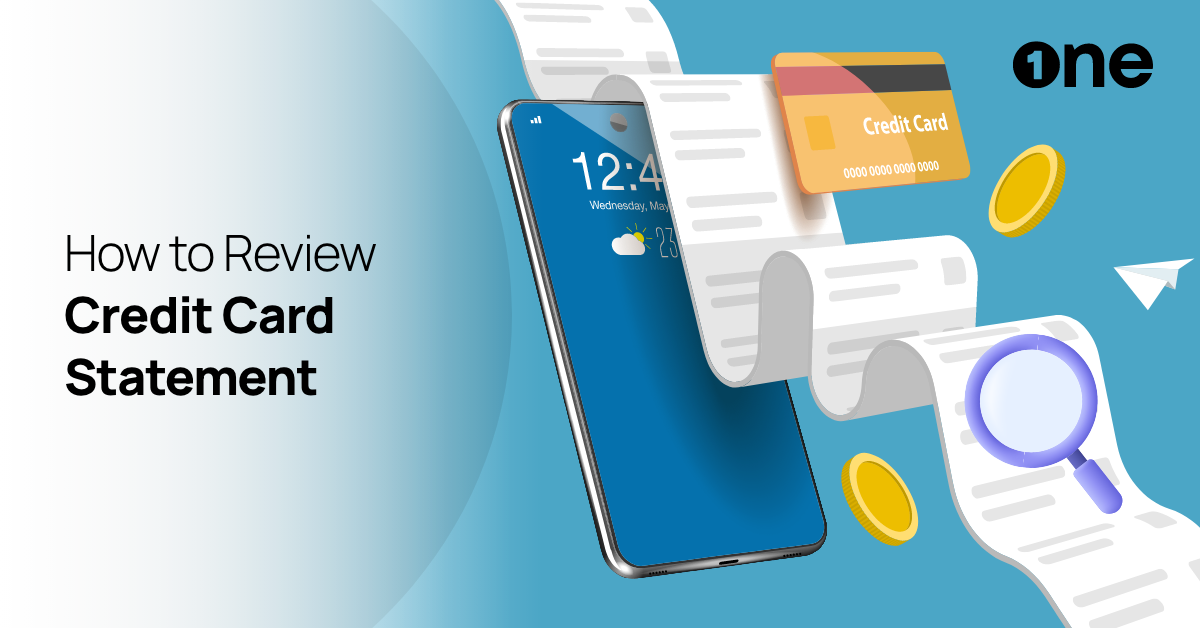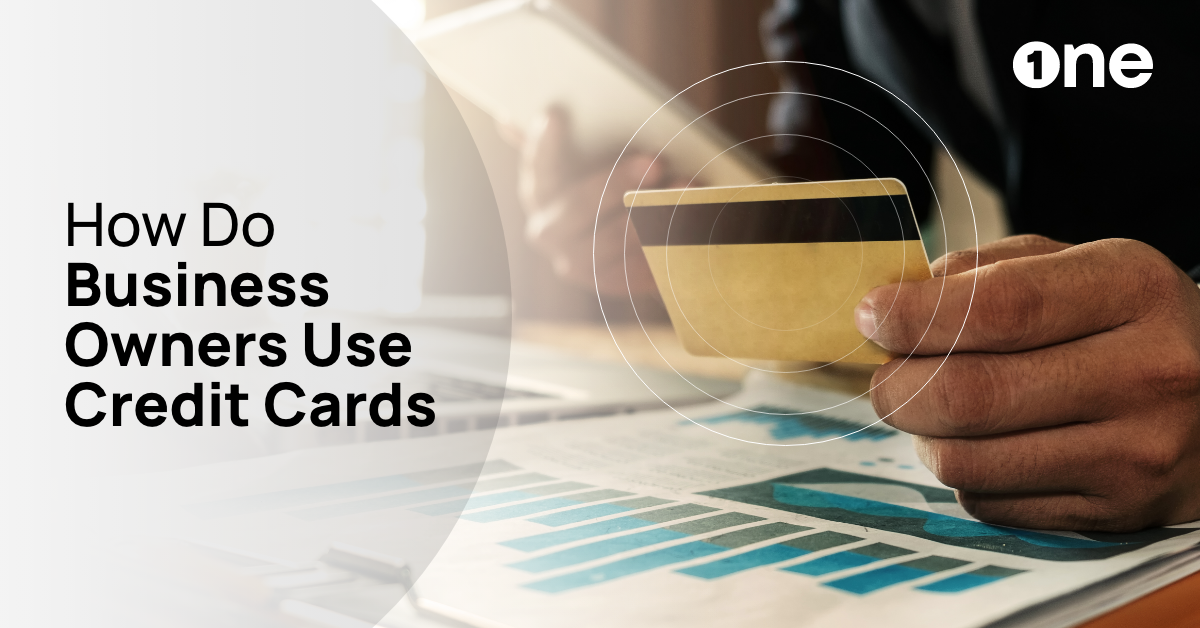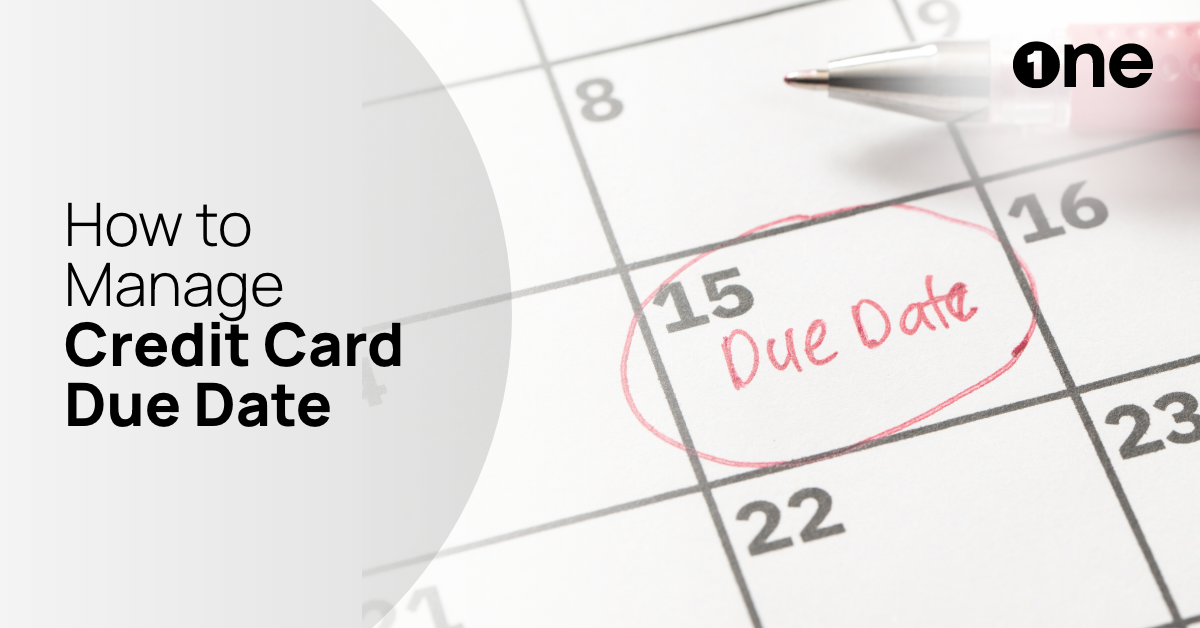9 Things to Check in Your Credit Card Statement
By OneCard | May 27, 2024

Credit cards have quickly become an integral part of our lives. While they provide simplicity and flexibility, it is important to understand how they work and what methods are used to handle them responsibly. One of the most important things that credit card holders often overlook is checking their credit card statements.
Most banks are now trying to ease the burden on cardholders by answering questions like, ‘can I check my credit card details online?’ In this blog, we will discuss the top 9 things you should look for while checking a credit card statement. Read on to learn more.
Table of contents:
1. Statement Date and Billing Cycle
The statement date is the date on which your card issuer generates your monthly statement. It summarises all transactions made with your credit card during a specific period, usually a month. For instance, if your statement date is the 6th of a month, your statement will include all transactions from the 6th of the previous month to the 5th of the current month, also known as your billing cycle.
2. Payment Due Date
The payment due date for credit cards is the final day you must clear your bill. Let’s say your credit card statement is generated on the 6th of the month. You can check your credit card statement. The due date would be 18 to 20 days after the statement generation date. Missing this deadline can result in late fees and negatively impact your credit score.
3. Grace Period
The grace period is the time given to pay credit card bills past the due date, during which no interest is charged. The Reserve Bank of India has provided a relaxation of 3 days where no interest can be levied. However, the interest will be calculated from the payment due date if the due amount is unpaid within the grace period. Most banks grant a grace period between 20 to 60 days in India.
ALSO READ: What Is a Credit Card and How Does It Work?
4. Transaction Details
Transaction details include all the information related to the types of transactions made, amount paid, mode of payment, merchant details, date of transaction, and so on during a billing cycle. They also show the cash advances, charges, and interests levied. Check your credit card statement meticulously to track your finances and check for fraudulent activity with your credit card.
5. Total Amount Due
The total amount due is the sum of your previous balance, new purchases, interests, and fees like late payment charges, service fees, penalty payments, interest on the remaining balance, any applicable late fees, carryover amounts from previous billing cycles, and other charges, minus any payments or credits you made. Check your credit card statement for the total amount due to avoid hefty charges.
6. Minimum Amount Due
The minimum amount due is the smallest sum you must pay monthly to avoid late fees. It can typically be 1% to 3% of the total amount due. But this can lead to a debt trap because, while paying the minimum avoids late fees, it doesn’t stop interest from accruing on the remaining amount. Therefore, systematically check the credit card statement and ensure you pay the due amount.
7. Credit Limit
A credit limit is a cap showing the maximum amount you can borrow, provided by the card company. It is set for cardholders based on their credit scores and credit history. For example, imagine you have a ₹1,50,000 credit limit. If you spend ₹90,000, it will leave ₹60,000 available to spend. However, it is always advisable not to exceed the credit limit because it can incur additional charges. According to experts, utilise around 30% of your credit limit to maintain a healthy credit score.
8. Cash Advance
Cash advance transactions are essentially taking a loan or withdrawing cash from your credit card through ATMs. They come with high fees and sky-high interest rates. Therefore, it is best to avoid cash advances unless it’s an absolute emergency. If you make any such transactions, you must check the credit card statement carefully for any associated charges.
9. Exclusive Deals and Reward Points
Each credit card comes with rewards points and unique offers for each credit card transaction for example, One credit card offers 5X rewards on the top two spending categories. Your statement generally summarises your current reward points balance and what you’ve earned during the payment. But remember, these points are valid till a specific period, so redeem your reward points before they expire.
Understanding your credit card statement is important to managing your finances responsibly. Adhering to this checklist, can give you better control over your card usage, steering clear of debt pitfalls while capitalising on perks. With online access to credit card statements, banks allow you to view, download, and analyze them. Stay informed, and stay in control to reap the rewards of responsible credit card management.
**Disclaimer: The information provided in this webpage does not, and is not intended to, constitute any kind of advice; instead, all the information available here is for general informational purposes only. FPL Technologies Private Limited and the author shall not be responsible for any direct/indirect/damages/loss incurred by the reader for making any decision based on the contents and information. Please consult your advisor before making any decision.


Sharing is caring 😉